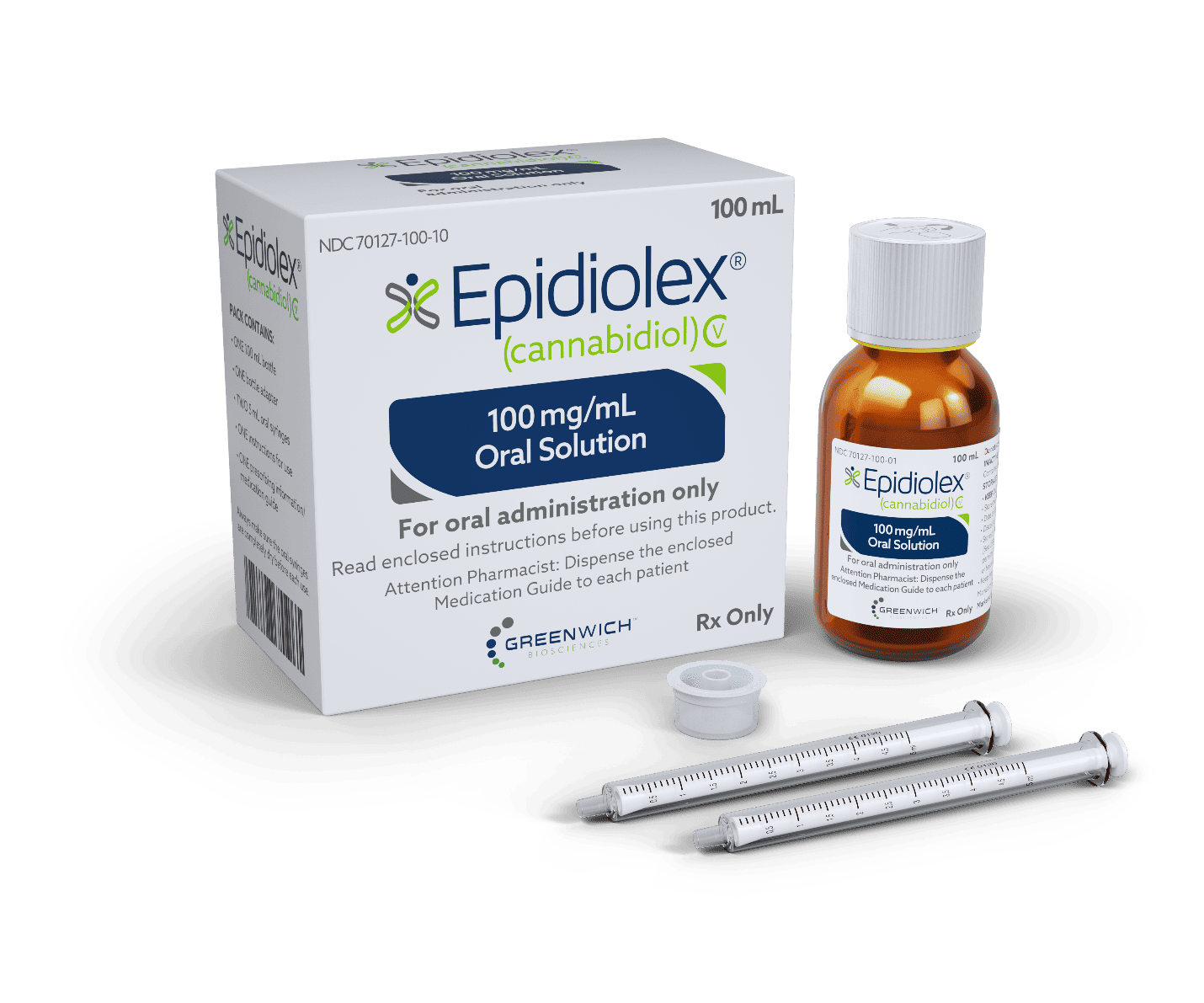
GW Pharma’s Epidyolex for two types of severe treatment-resistant epilepsy has been given a preliminary rejection by England’s NICE – but the cost effectiveness watchdog has pledged to work with the company to resolve shortfalls in its data.
NICE’s draft guidance issued today is remarkable as Epidyolex (cannabidiol) hasn’t yet been approved in Europe, but its early appraisal is intended to help address any issues with clinical effectiveness data – which is exactly what the cost watchdog has found.
The drug has been approved in the US since June 2018 (where it is known as Epidiolex) and where it became the first ever cannabis-derived product to gain FDA approval.
In the US, the oral liquid product costs $32,500 for a year’s worth of treatment. The company hasn’t confirmed its UK list price yet, but NICE has already questioned its cost modelling for treatment.
NICE’s draft guidance does not recommend Epidyolex with clobazam for treating Dravet and Lennox-Gastaut syndromes, types of epilepsy which begin in early childhood and which are lifelong and difficult to control.
NICE’s appraisal committee concluded that the clinical trial evidence shows that cannabidiol with clobazam reduces the number of the main types of seizures associated with the conditions compared with usual care with anti-epileptic drugs, and heard from patients and carers how important these benefits are for them.
However, it also judged that as the duration of the clinical trials was only 14 weeks, longer-term effectiveness of cannabidiol with clobazam is uncertain, and questioned the comprehensiveness of its economic models.
Meindert Boysen, director of the Centre for Health Technology Evaluation at NICE, said: “The often distressing and life-limiting nature of these very difficult to control epilepsies mean that we should all welcome new treatment options. Cannabidiol is a promising treatment for people with these types of epilepsies.
“Even though the committee accepted that the evidence shows that cannabidiol with clobazam reduces seizure frequency, its long-term efficacy is unknown, and the committee was not convinced about the way the company had modelled the effect on people living longer or having a better quality of life.”
Boysen said that despite its draft ‘no’ it was nevertheless committed to working with GW Pharma to resolve the economic modelling issues and “to help them understand what they may need to do to mitigate the cost of cannabidiol to the NHS”.
A spokesperson for GW Pharma said that despite the early ‘no’, the company was encouraged that the decision was nevertheless a useful first step towards an eventual recommendation.
“We are committed to working with NICE to address the technical questions it has raised, with the aim of ensuring patients can access the medicine on the NHS as soon as possible following regulatory approval,” the spokesperson said. “We remain hopeful that NICE will recommend cannabidiol oral solution at the end of its appraisal process.”
The company gained a recommendation from Europe’s CHMP in July, and expects a full EU approval by October. It then anticipates launches expected in France, Germany and UK by the end of the year, with launches in Spain and Italy to follow in 2020.
The drug is gaining momentum in the US, where it earned $68.4m in sales in the second quarter.
Investment bank Evercore ISI estimated earlier this year that peak US sales alone could be as high as $1.3bn for the product, driven on by numerous additional indications.
One such expanded use would be Tuberous Sclerosis Complex, for which the company recently presented promising phase 3 trial data, which it expects to submit to the FDA by the end of 2019.




